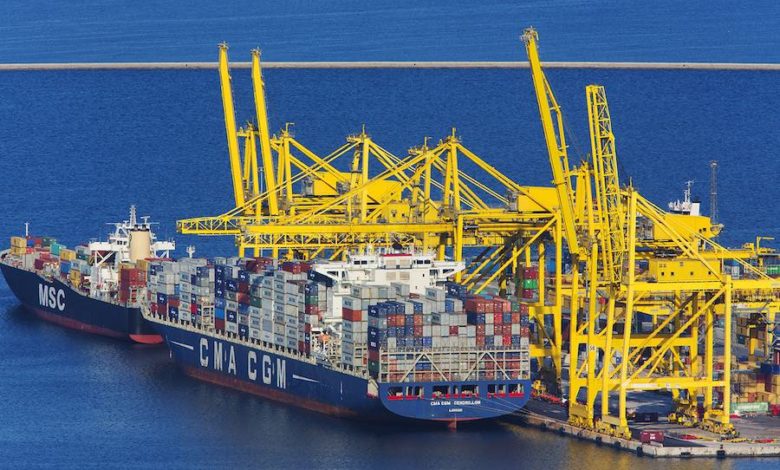Study finds ports lag other industries when it comes to automation

Consultant McKinsey has issued an in-depth study on the future of automated ports, suggesting the sector is behind the curve compared to other industries.
“[P]orts are moving more slowly than sectors with comparable complexities, in part because the economics of automating them haven’t lived up to expectations,” McKinsey noted. In the mining sector, which is also process driven and asset intensive, some early movers in automation have improved costs and productivity by 20 to 40%, the consultant pointed out, while in the warehousing business, improvements have been estimated at 10 to 30%. Manufacturers of cars and trucks have also successfully automated complex processes, and some of the equipment they use, such as automated guided vehicles and materials-handling robots, McKinsey said are highly relevant for ports.
“Many ports have apparently underestimated the challenge of acquiring the needed capabilities, especially in planning and implementation. Port and terminal operators must therefore step up their efforts to acquire talent and build these capabilities,” the report suggests.
Part of the issue ports face is that they find that data silos and a lack of data standards are basic problems in automation.
The full report can be accessed by clicking here.
